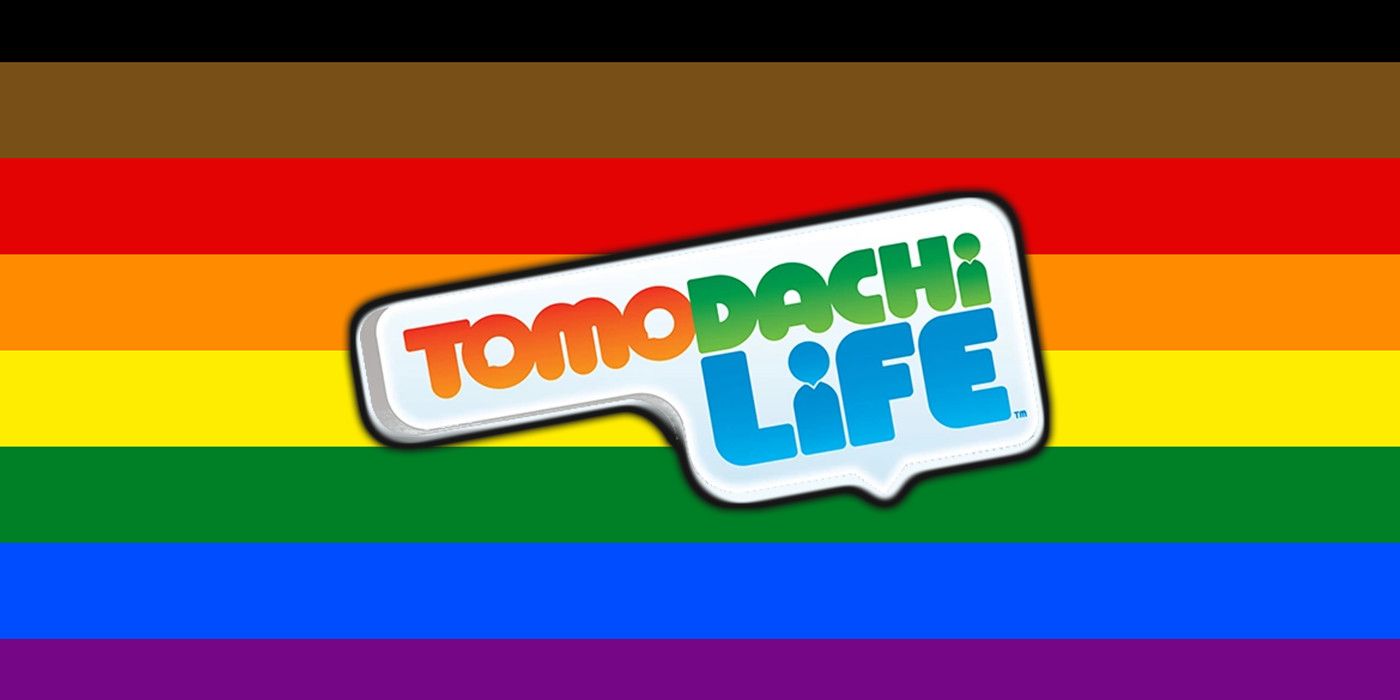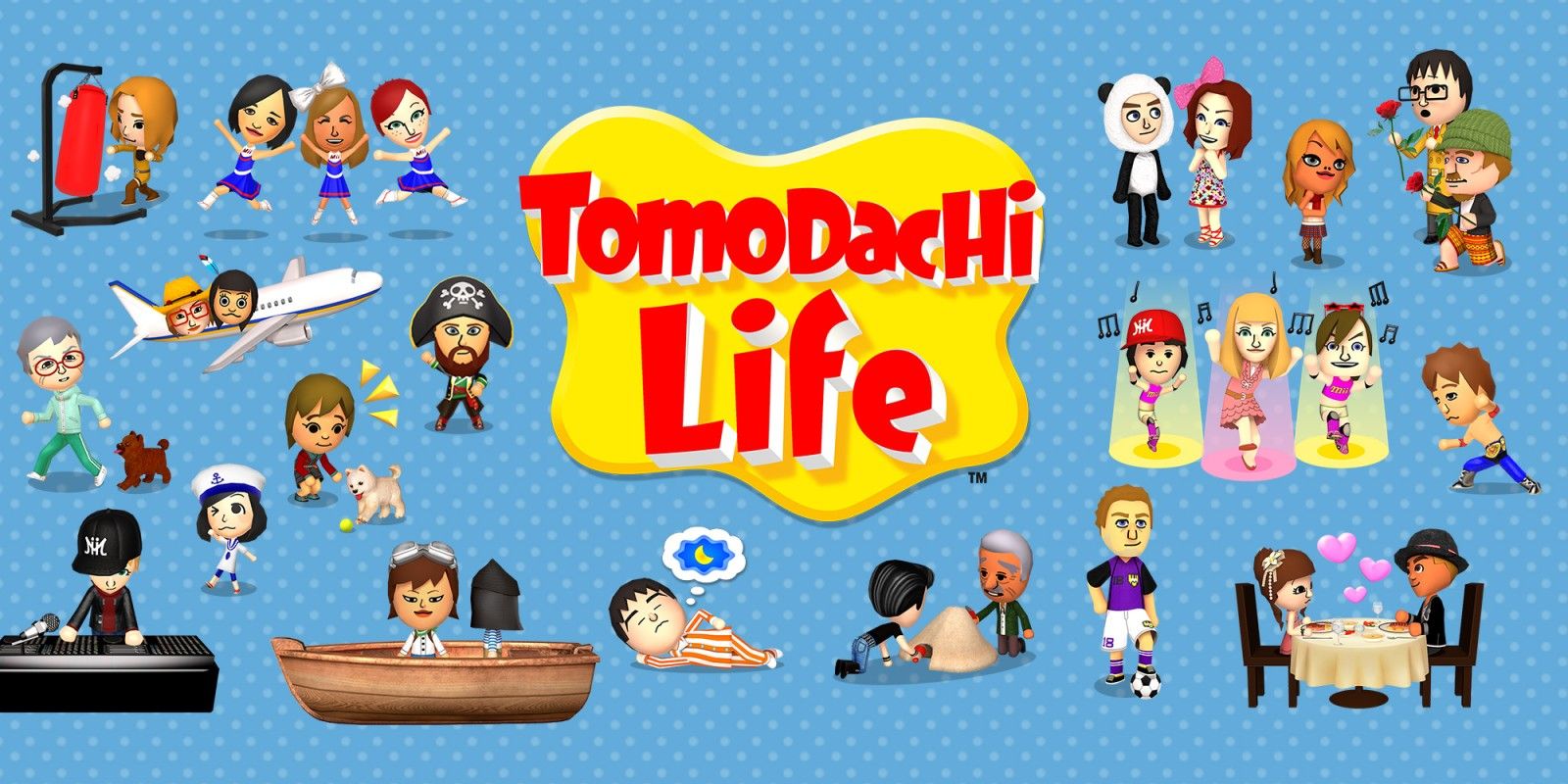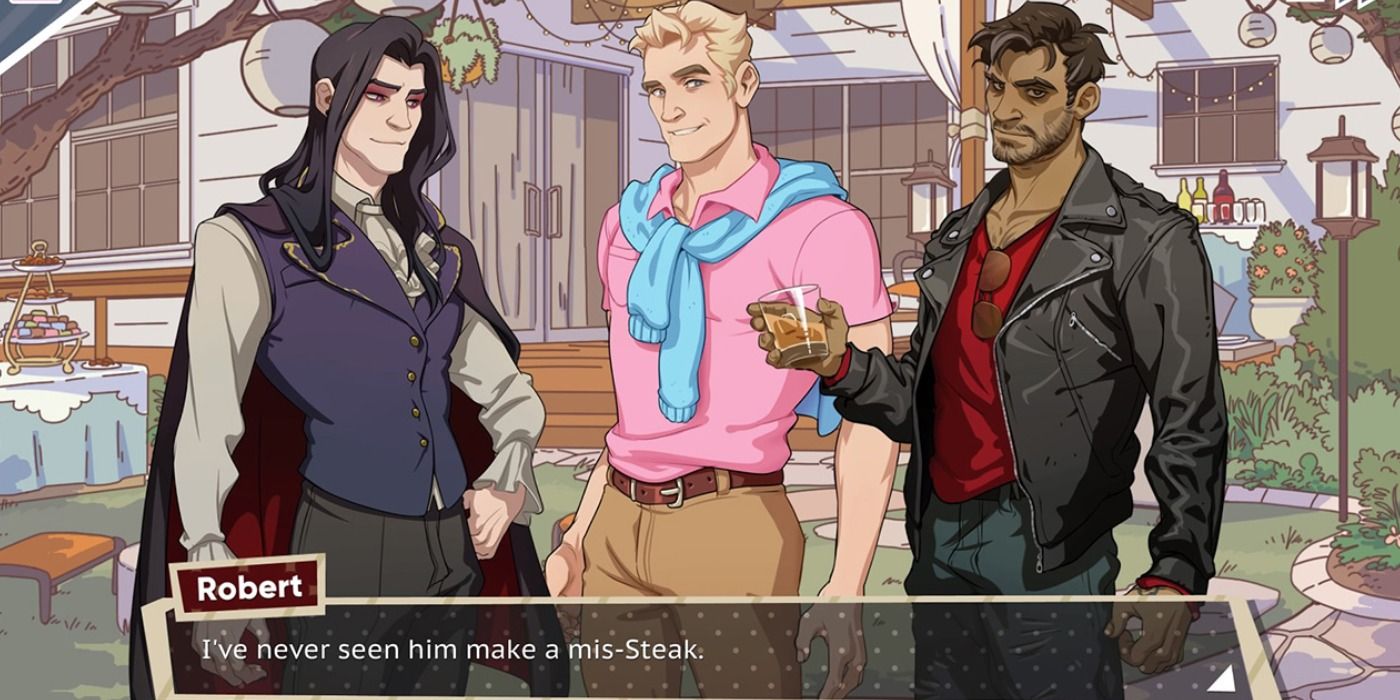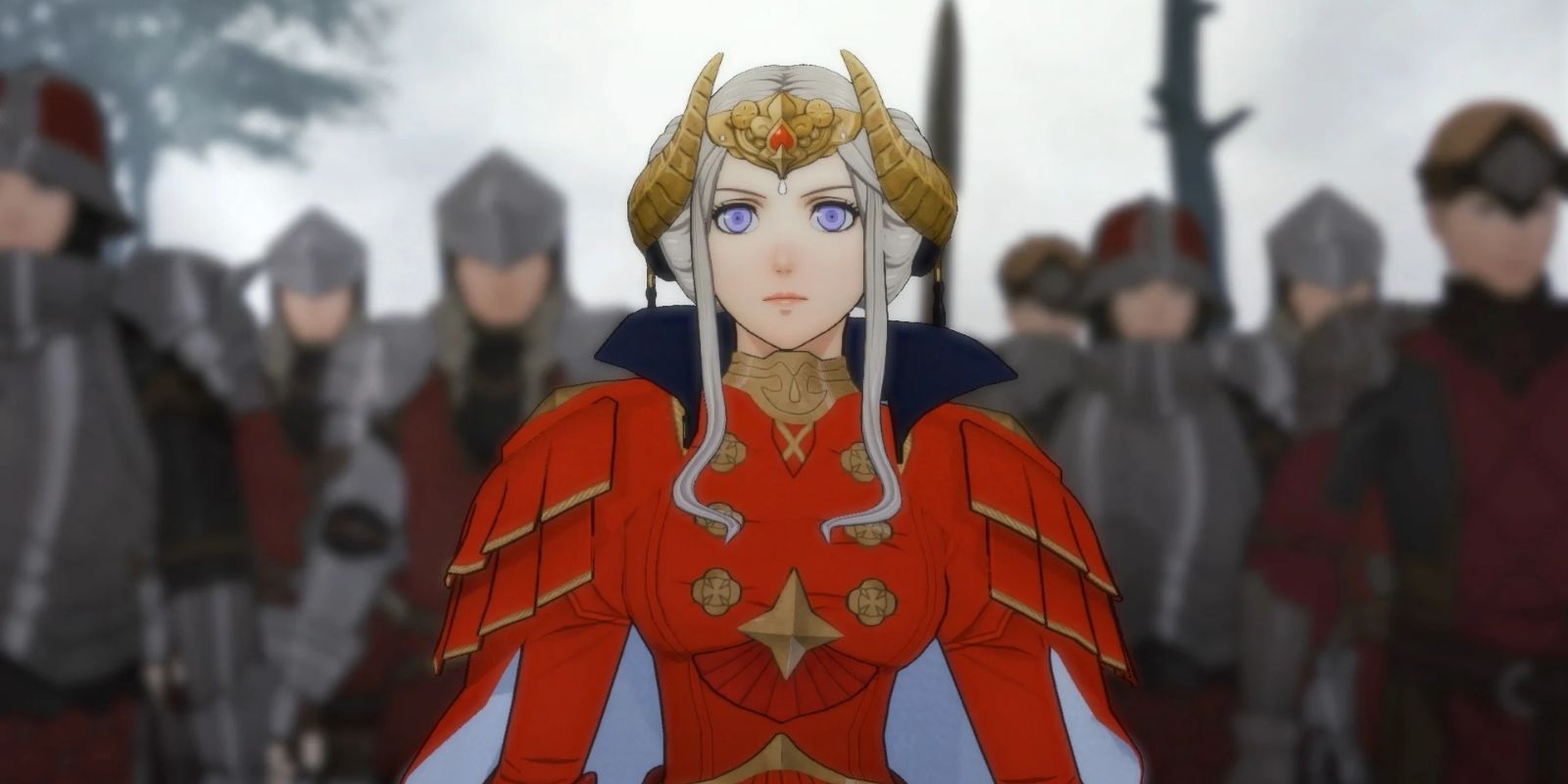The quirky life-simulator Tomodachi Life was a huge hit when it was released back in 2013, though it wasn't without some serious controversy. Tomodachi Life allowed players to watch their Miis' virtual lives as they formed friendships with some Miis, participated in various activities, dealt with drama, and even got married. That last part is where the controversy cropped up, as the Miis in Tomodachi Life could not marry or fall in love with Miis of the same gender.
Despite being marketed as a life simulator that featured Miis of real people as the characters, the lack of same-gender relationships isolated tons of people and highlighted Nintendo's troubled history with inclusiveness. Fans called for change from the company, and to some people's surprise, Nintendo responded. They apologized for the lack of same-gender relationships and promised to focus on inclusiveness with the Tomodachi series's future installments and with their future games in general. The question is, has Nintendo actually kept this promise?
The first thing to note is that, as of this writing, there has not been another Tomodachi game that featured any kind of romance. The closest thing was Miitopia, an RPG game that featured elements from the Tomodachi series. Miitopia did not include the ability for Miis to fall in love, so that part of Nintendo's pledge has yet to be seen.
There have been a few instances of Nintendo pushing forward with LGBTQ+ inclusiveness in their games for their future titles. One of the most notable is Animal Crossing: New Horizons, which removed the series' male and female gender options. The player is given the freedom to present their in-game character however they wish, without any sort of gendered-clothing restrictions. There are also lines of dialogue that imply that NPCs C.J and Flick may be the first same-gender couple in a Nintendo-developed game.
That's a fairly significant shift in the right direction that was certainly praised by members of the LGBTQ+ community. Nintendo has also been much more lenient with the titles that appear on their online stores and systems. Several games that include LGBTQ+ themes and characters, such as Dream Daddy: A Dad Dating Simulator, have been allowed on the Switch without censorship from Nintendo.
However, this may fall more into a lack of action rather than active change. Many game studios are making an active effort to tell more LGBTQ+ stories, as evident by the 32nd GLAAD Media Awards' nominees for Outstanding Video Game. Games like Bugsnax, The Last of Us Part II, and Hades are all being highlighted for their depiction of LGTBQ+ characters and stories.
However, Nintendo hasn't seemed to have featured an LGBTQ+ character or storyline in any game they have internally developed. Games they publish, such as Fire Emblem, do feature LGBTQ+ characters, though never in a position where their identity is important to the game or their story. This may be because they haven't had a chance to do actual meaningful inclusion, though it would certainly help the company stay true to their 2013 promise.
Fire Emblem is certainly a series worth mentioning when it comes to LGBTQ+ characters. The player characters, such as Byleth and Corrin, have consistently been giving same-gender relationship options in the recent games. Fire Emblem: Three Houses featured some landmark same-gender relationship options that were much more outwardly romantic than previous games. LGBTQ+ characters of note in Three Houses are Linhardt, Dorothea and even Lady Rhea.
Nintendo's promise to focus more on inclusivity has created a few notable changes, such as with gender in Animal Crossing. Fire Emblem: Three Houses have also greatly improved how LGBTQ+ representation in the series is handled as well. Though these appear to be small changes, they're certainly signs of progress for the company. If there's ever a sequel to Tomodachi Life, perhaps they'll fully live up to the changes they promised back in 2013.




